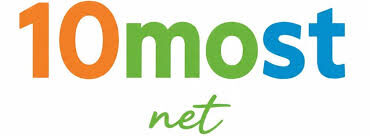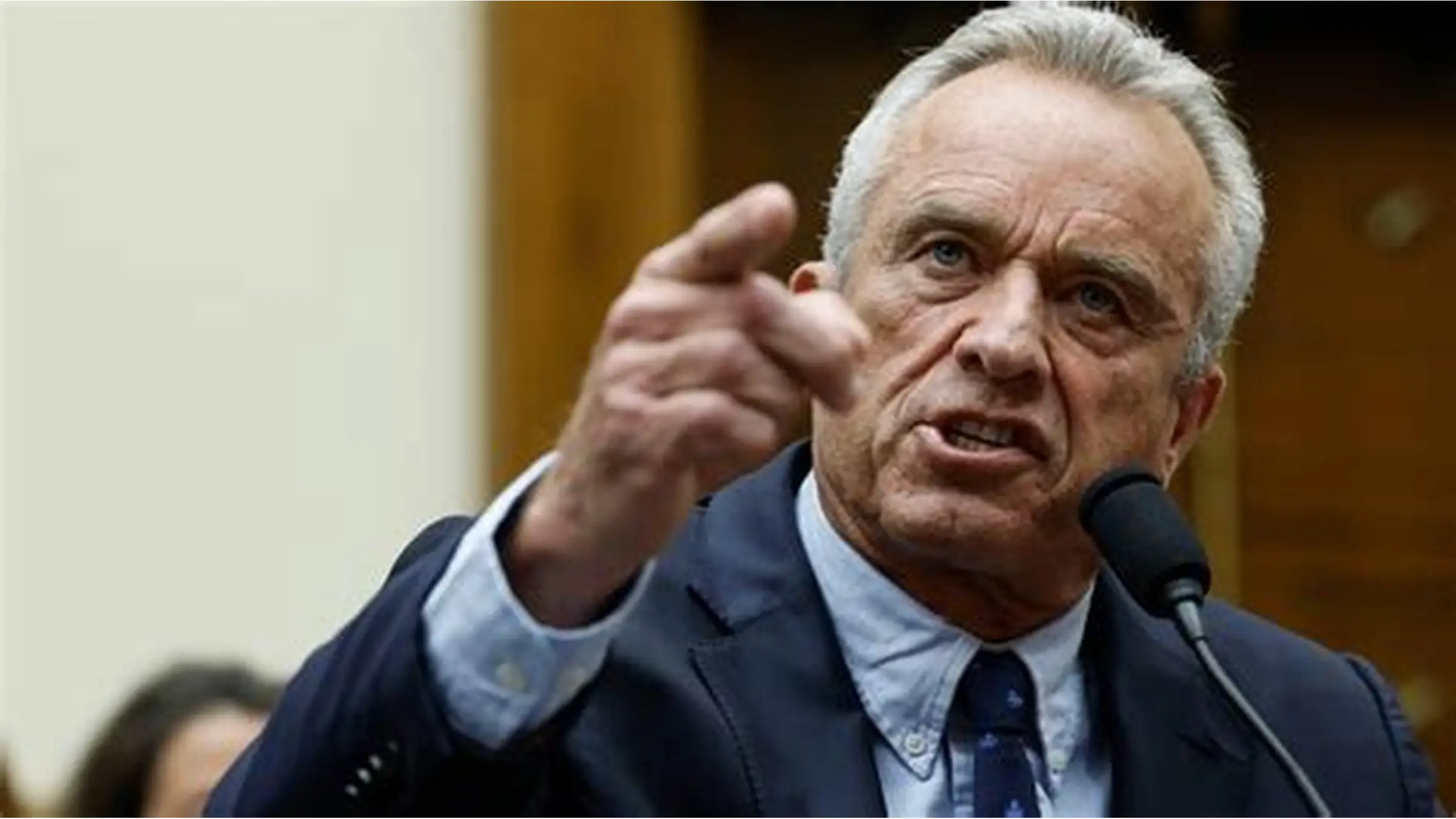RFK Jr: Covid Deaths Unknown, Americans Left in the Dark During Fiery Hearing
The Covid-19 pandemic remains one of the most devastating global health crises in modern history. Millions of people worldwide lost their lives, economies were shaken, and societies faced long-lasting disruption. Yet, in the United States—a country that prided itself on advanced medical infrastructure and data systems—questions about the true number of Covid deaths continue to linger.
This controversy was reignited when Robert F. Kennedy Jr. (RFK Jr.), the independent presidential candidate and outspoken critic of government handling of the pandemic, told lawmakers in a fiery congressional hearing that “nobody knows how many Americans actually died of Covid.” His comments sent shockwaves through political, medical, and public health communities, sparking debates about data accuracy, government transparency, and the lingering distrust in official narratives.
In this article, we will break down RFK Jr.’s statements, analyze the historical context, and explore what this means for America’s political and public health future.
RFK Jr’s Bold Claim in Congress
Robert F. Kennedy Jr. has long positioned himself as a skeptic of government agencies such as the CDC, FDA, and NIH. During the recent congressional hearing, Kennedy questioned the official death toll attributed to Covid-19 in the United States, which hovers at around 1.1 million deaths according to CDC estimates.
He argued that:
Many Covid deaths may have been overcounted because patients who tested positive for the virus but died of other causes were listed as Covid fatalities.
Conversely, there may have also been undercounting in cases where Covid-related deaths were not properly identified, especially in rural areas or early in the pandemic when testing was limited.
The government’s reliance on hospitals to self-report cases and deaths created opportunities for inconsistent standards and even potential financial incentives that skewed data.
RFK Jr. summed up his position bluntly:
“The American people deserve to know the truth. We cannot build policy on numbers that nobody can verify.”
This statement set the tone for a contentious exchange between Kennedy and members of Congress, with some accusing him of spreading dangerous misinformation while others praised him for asking tough questions about government accountability.
The Official Covid Death Count – How Accurate Is It?
CDC and Johns Hopkins Tracking
From the early stages of the pandemic, the CDC, along with institutions like Johns Hopkins University, provided daily tallies of infections and deaths. These numbers became the primary reference for media outlets and policymakers.
However, the methods used to record deaths were not always uniform. For example:
Death certificates sometimes listed Covid as the primary cause, even if other comorbidities like heart disease or diabetes were significant contributors.
Excess mortality studies suggested that the true death toll could actually be higher than official counts, as many pandemic-related deaths may not have been tested or confirmed as Covid.
The Incentive Debate
Kennedy also echoed a longstanding talking point among skeptics: that hospitals had financial incentives to report Covid deaths. Under emergency funding programs, hospitals received higher Medicare reimbursement rates for treating Covid patients, raising suspicions that this may have influenced reporting practices.
While mainstream experts have argued that this incentive was not significant enough to drive widespread fraud, the issue remains controversial and continues to fuel public doubt.
Political Firestorm Around RFK Jr’s Testimony
RFK Jr.’s testimony quickly became political theater. Supporters of Kennedy framed his questioning as a brave stand against government secrecy. His critics, however, accused him of undermining trust in public health institutions at a time when rebuilding confidence is crucial.
Republican lawmakers generally welcomed Kennedy’s skepticism, using it to highlight what they see as failures in the Biden administration’s pandemic management.
Democrats, on the other hand, pushed back hard, arguing that Kennedy’s rhetoric could embolden anti-vaccine movements and hinder preparedness for future pandemics.
What was supposed to be a hearing on pandemic preparedness turned into a heated debate about truth, transparency, and the politicization of science.
The Broader Question: Can We Trust the Numbers?
Whether one agrees with RFK Jr. or not, his remarks tap into a broader issue: how much trust should Americans place in government data?
Historical Precedents
Distrust in official numbers is not new. From Vietnam War casualty reports to disputed unemployment statistics, American history is full of examples where the public questioned government figures. The Covid pandemic, with its rapidly changing science and politically charged environment, only amplified this distrust.
Excess Mortality Studies
Independent analyses of “excess mortality” (the number of deaths above what would normally be expected in a given year) suggest that the U.S. may have underestimated the pandemic’s toll. Some estimates put the real death toll at closer to 1.3–1.4 million, higher than CDC figures.
This creates a paradox: while some argue deaths were overcounted, others argue they were undercounted. Both perspectives reinforce Kennedy’s central point—we may never know the exact number.
Public Reaction
Hashtags like #RFKJr, #CovidDeaths, and #GovernmentTransparency surged, with users splitting into polarized camps:
Supporters argued that Kennedy is exposing uncomfortable truths that mainstream politicians avoid.
Critics accused him of exploiting conspiracy theories and undermining trust in vaccines and science.
Opinion polls conducted after the hearing showed that Kennedy’s remarks resonated with a surprisingly large portion of Americans. Roughly 40% of respondents in a recent survey said they were “uncertain” about the accuracy of official Covid death statistics.
The 2024 Election Angle
As RFK Jr. campaigns as an independent candidate for the 2024 presidential election, his testimony was seen as both a political strategy and a reflection of his long-standing views.
His message appeals to independent voters who feel alienated by both parties.
His skepticism about government agencies resonates with libertarian-minded conservatives and even some progressives critical of corporate influence in public health.
However, his position risks alienating moderates who view his rhetoric as irresponsible.
Kennedy’s remarks about Covid deaths are unlikely to be the last time he provokes controversy. In fact, his campaign seems to thrive on challenging consensus narratives.
Expert Responses
Independent epidemiologists have stressed that while there are valid debates over methodology, dismissing the official numbers entirely risks undermining public understanding of the pandemic’s scale.
Data scientists argue that excess mortality analyses provide a clearer picture, but those figures also come with margins of error.
In short, while experts admit uncertainty, they caution against sweeping statements that could be misinterpreted as proof of deliberate government deception.
Lessons for the Future
The debate sparked by RFK Jr. points to a deeper issue: America’s need for better data infrastructure and greater public trust.
Key Takeaways:
Standardized Reporting – The U.S. needs more uniform standards for how deaths are attributed to diseases.
Transparency – Government agencies must communicate limitations and uncertainties clearly, rather than presenting numbers as absolute truth.
Public Trust – Once lost, trust in institutions is hard to regain. Restoring credibility requires openness and accountability.
Preparedness – Future pandemics will inevitably arise, and accurate, trusted data will be vital to save lives and guide policy.
Conclusion: A Debate That Won’t Go Away
RFK Jr.’s statement that “nobody knows how many Americans died of Covid” reflects both a political strategy and a genuine challenge in public health data. Whether one views him as a truth-teller or a provocateur, his remarks force Americans to confront uncomfortable questions about transparency, trust, and accountability.
The Covid pandemic reshaped the nation in countless ways. As the U.S. moves forward, debates like this will continue to define how history remembers the crisis—and how prepared America is for the next one.
In the end, RFK Jr. may be right about one thing: the exact number of Americans who died from Covid may never be known with certainty. What matters now is how the country learns from the mistakes of the past and ensures that in the next crisis, the numbers—and the truth—are clearer.




If you’re new to the platform, this page is a great introduction. It covers what the site does and why it’s popular.
I found this page really useful when I just wanted quick random video conversations without setting up an account.
Really informative blog: read here.
If you’re shy or don’t want to show your face, this chat option is ideal.